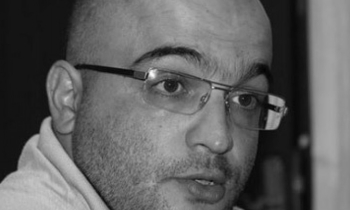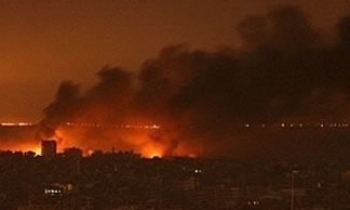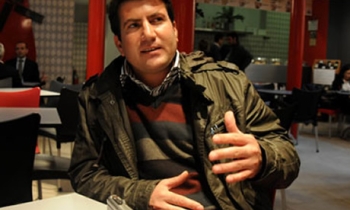A US federal judge has asked five journalists to identify the government officials who leaked details to them about a scientist under scrutiny for mailed anthrax attacks in 2001.

US District Judge Reggie B Walton Monday ordered the reporters to cooperate with Steven J Hatfill, who accused the Justice Department and the Federal Bureau of Investigation (FBI) of violating the federal Privacy Act by giving the media information about the FBI's investigation of him, the Associated Press (AP) reported.
Five people were killed and 17 sickened by anthrax that was mailed to lawmakers on Capitol Hill and members of the news media in New York and Florida just weeks after the September 11, 2001, terror attacks.
The reporters are Michael Isikoff and Daniel Klaidman of Newsweek, Allan Lengel of the Washington Post, Toni Locy, formerly of USA Today, and James Stewart, formerly of CBS News.
The ruling is a victory for Hatfill, a bioterrorism expert who has argued in a civil suit that the government violated his privacy rights and ruined his chances at a job by unfairly leaking information about the probe, the Washington Post said. Hatfill has not been charged in the attacks that killed five people and sickened 17 others, and he has denied wrongdoing. Hatfill's suit, filed in 2003, accuses the government of waging a "coordinated smear campaign."
Walton denied Hatfill's request to demand information from ABC, the Washington Post, Newsweek, CBS, the Associated Press, the Baltimore Sun and the New York Times.
Hatfill's attorneys, the AP report said, want the reporters to reveal identities of law enforcement officials cited anonymously in stories about the investigation. The journalists gave depositions under a court order but refused to reveal their sources, arguing that the First Amendment of the US Constitution and a federal common-law privilege shield them from having to disclose the names. The First Amendment prohibits the government from hindering the free press.
Walton said federal courts in the District of Columbia, which exercise oversight of his district court, have historically denied a common-law reporter's privilege and said he would not "bring into being such a privilege." Creating such a privilege in this case would have the "perverse effect" of handicapping a plaintiff whose good name was destroyed by government leaks, he argued. The reporters' fear that testifying would chill the flow of information, Walton said, is outweighed by the Privacy Act lawsuit.
Hatfill, who worked at the Army's infectious diseases laboratory at Fort Detrick, Maryland, north of Washington, from 1997 to 1999, was publicly identified as "a person of interest" in the investigation by then-Attorney General John Ashcroft. The case remains unsolved.









